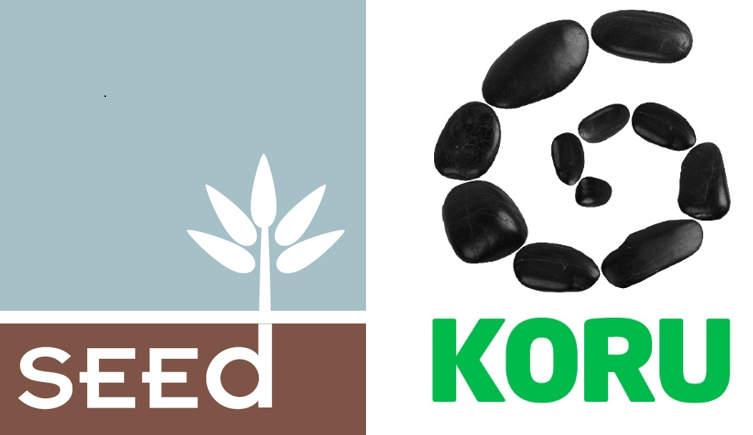
A partner project between SEEd & Koru Education
Project outline
The primary aim of the Flipping the Environmental Classroom project is to provide small and medium sized environmental education organisations with the opportunity to engage & stimulate visiting groups prior to their onsite activities. Based around the model of the flipped classroom the visiting group would have the opportunity to have a baseline introduction to the subject of their main visit. The main benefit is that the group will then have more time onsite to gain a better understanding of the project/subject therefore broadening the learning experience. There will also be a second set of activities that the group can engage with post visit to further embed what has been learnt within curriculum & classroom activities (this can be used as an evaluation tool by the host organisation).
Benefits for the provider
- Engaging the learner prior to making direct contact the provider is able to introduce key concepts and content therefore allowing increased opportunity for direct engagement through hands on activity.
- The use of discussion forums enables school or other groups to share experiences and project work focused on and reinforcing the core messages. This can be supported by the organisations (also part of the discussion group) and further their relationship with the schools and/or community groups.
- The follow up activity (post-visit) enables the learner to contextualize the message in the wider community and environment. This will potentially have the effect of spreading the message to a wider audience and promote the organisations work and core message.
- There is no significant upfront cost for setting up your own e-learning platform or associated hosting costs.
- Once the program is established all elements are replicable, transferable and scalable across the organisations provision.
Benefits for the learner
- As a result of students taking responsibility, interacting meaningfully and often with their instructor and peers, getting and giving frequent feedback, they acquire a deeper understanding of the content and how to use it.
- Student role shifts from passive recipient to active constructor of knowledge, giving them opportunities to practice using the intellectual tools of the discipline.
- Students work together applying course concepts with guidance from the instructor. This increased interaction helps to create a learning community that encourages them to build knowledge together inside and outside the classroom.
- With more opportunities for students to apply their knowledge and therefore demonstrate their ability to use it, gaps in their understanding become visible to both themselves and the instructor.
How it works
Koru will work with individual organisations to build the pre & post visit online programme. Each programme will be based around a specific theme or workshop that the organisation currently delivers or intends to deliver in the future. Each element/programme (pre & post visit) will be 30-60 minutes in length. Once the programme is established the organisation will pay to register each visiting group.
Cost
£350 per course | £20 per group registration (Discounts for multiple programmes)
